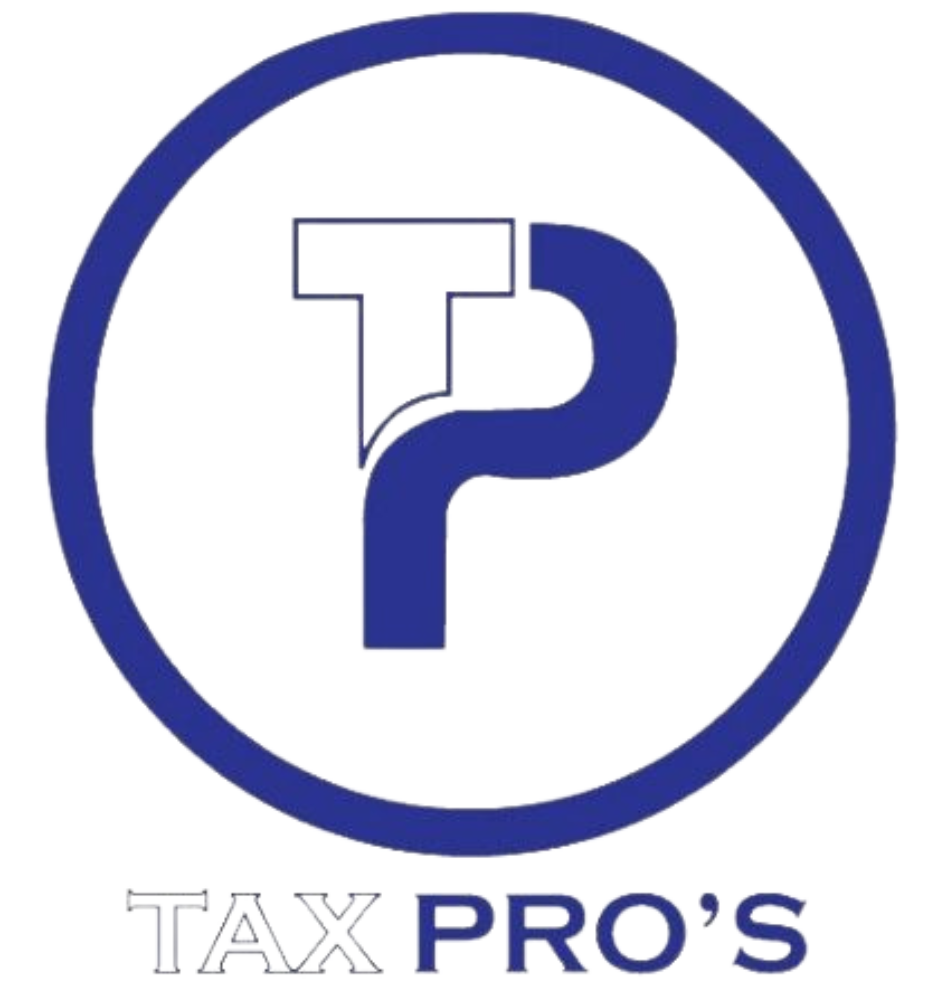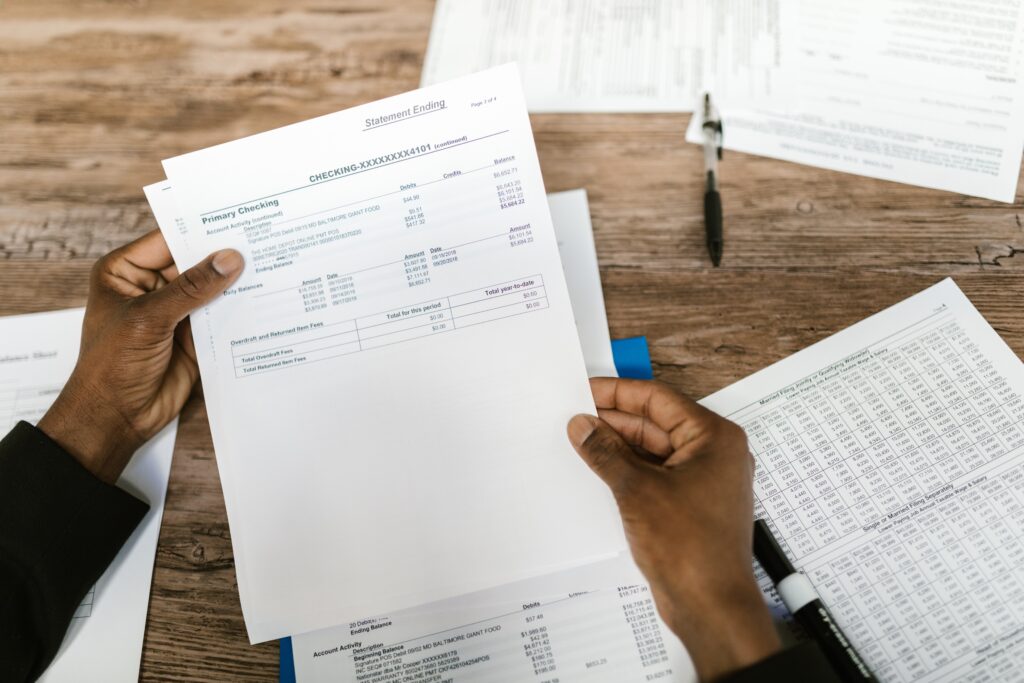What is Market Place Insurance
Marketplace insurance, also known as health insurance marketplace or Obamacare, refers to a type of health insurance that is sold through the federal or state-run online health insurance exchanges. These exchanges were created under the Affordable Care Act (ACA) to provide a one-stop shop for individuals and small businesses to compare and purchase health insurance plans. Marketplace insurance plans are required to meet certain standards of coverage, including coverage for essential health benefits such as preventative care, prescription drugs, and hospitalization. The plans are also required to be offered on a tiered system, with bronze, silver, gold, and platinum levels, which offer varying levels of cost-sharing. Individuals who purchase marketplace insurance may be eligible for financial assistance to help them pay for premiums and out-of-pocket costs, based on their income and family size. Open enrollment for marketplace insurance typically occurs annually, although individuals may be able to enroll outside of this period if they experience a qualifying life event, such as losing their job or getting married.
What is Market Place Insurance Read More »










